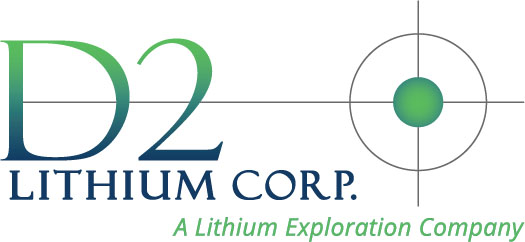
Lithium
The Lithium Market
Supply & Demand
Lithium Products
Global Lithium Reserves
Lithium Articles
Video Gallery
Lithium: Technology
Lithium Revolution
The Lithium Market
THE LITHIUM MARKET
What is Lithium?
Lithium (chemical symbol: Li) is the lightest of all metals. It does not occur as a pure element in nature but is contained within mineral deposits or salts, including brine lakes and seawater. The contained concentration of lithium is generally low and there are only a limited number of resources where lithium can be economically extracted.
Lithium and its chemical compounds exhibit a broad range of beneficial properties including:
CHEMICAL APPLICATIONS:
Lithium can be processed to form a variety of chemicals including lithium carbonate, lithium bromide, lithium chloride, butyl lithium and lithium hydroxide. The fastest growing and second largest market for lithium globally is for use in batteries.
Typical non-rechargeable batteries found in items like remote controls and children's toys.
There are two types of lithium batteries,
Primary (non-Rechargeable): Including coin or cylindrical batteries used in calculators and digital cameras. Lithium batteries have higher energy density compared to alkaline batteries, as well as lower weight and long shelf and operating life.
Secondary (rechargeable): Key current applications for lithium batteries are in powering cell phones, laptops and other handheld electronic devices, power tools and large format batteries for electricity grid stabilisation. The advantage of the lithium secondary battery are its higher energy density and lighter weight, compared to nickel cadmium and nickel metal hydride batteries.
A growing application for lithium batteries is a power source for a wide range of electric vehicles, including electric bikes, scooters, buses, taxies, and passenger electric vehicles. There are three main categories of electric passenger vehicles: Hybrid Electric Vehicles, Plug-In Hybrid Vehicles and Electric Vehicles. The electrification of vehicles is strongly supported by governments around the world due to increasing political and consumer focus on climate change and energy security. The introduction of mass produced passenger electric vehicles has the potential to significantly increase the future consumption of lithium.
OTHER CHEMICAL APPLICATIONS:
Lithium chemicals are also used in a variety of other applications including:
2025 Lithium demand by applicatons
GLASS AND CERAMICS:
Glass: including container glass, flat glass, pharmaceutical glass, specialty glass and fiberglass. These glass products may be designed for durability or corrosion resistance or for the use at high temperatures where thermal shock resistance is important. The addition of lithium increases the glass melt rate, lowers viscosity and the melt temperature providing higher output energy savings and moulding benefits.
Ceramics: including ceramic bodies, frits glazes and heatproof ceramic cookware. Lithium lowers firing temperatures and thermal expansion and increases the strength of ceramic bodies. The addition of lithium to glazes improves viscosity for coating, as well as improving the glazes colour, strength and lustre.
Specialty Applications: including induction cook tops and cookware. Lithium's extremely high co-efficient of thermal expansion makes these products resistant to thermal shock and imparts mechanical strength.
OTHER TECHNICAL APPLICATIONS:
Lithium is also used in a variety of metallurgical applications, including:
Steel Castings: the addition of lithium to continuous castings moulds fluxes assists in producing thermal insulation and lubricates the surface of the steel in the continuous casting process.
Iron Castings: in the production of iron castings, such as engine blocks, lithium reduces the effect of veining, thereby reducing the number of defective casts